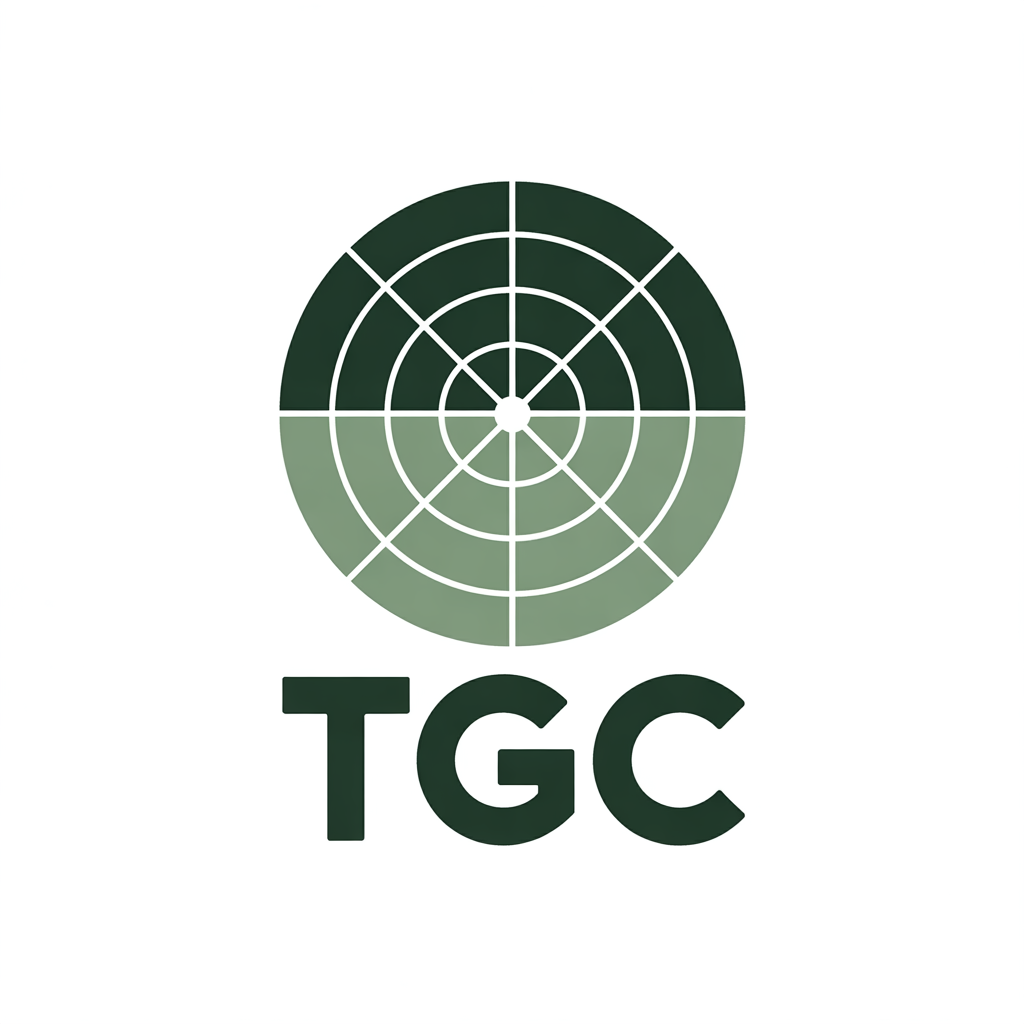Projected to reach $368 billion in revenue by 2030 in regulated markets, the gambling industry, including its online counterpart, is one of the few sectors experiencing growth, driven by the opening of new markets, particularly in the USA, Africa, and India. These are large markets gradually opening up, in contrast to mature industries with lower margins and more difficult customer acquisition. This is the first focus of our ‘Bridges Between…’ series, exploring the common challenges between iGaming, a relatively young industry, and banking, which has been facing similar challenges for years.
Parallels with the Banking Sector
Like iGaming, a sector dependent on regulation.
Whenever a business deals with people’s money and financial well-being, regulations are required to ensure the security of funds and verify their origins. iGaming and banking often share the same imperatives:
- KYC / KYB
Whether targeting businesses or individuals, governments are increasingly enforcing identity verification for registered users (as seen in the October Notice in Australia, where the government mandates ACIP). This requirement adds a step to the player onboarding process, and slow, cumbersome identity verification is simply unacceptable. To address this, there are various SaaS platforms that integrate, more or less seamlessly, into the user journey.
In both iGaming and banking, complying with these obligations poses challenges:
Partner Selection: Choosing the right SaaS partner is crucial to avoid hindering the registration process. Upfront, it’s important to clearly define the company’s needs, as well as the administrative requirements, and align them with the smoothest possible user experience.
Integration: Once the RFP (request for proposal) is completed, it’s time to integrate the technical solution into the existing tech stack. Companies can either allocate time from their regular tech team for this new project (with the risk of dealing with unfamiliar technology) or outsource to a specialist in the target technology (with the risk of gaps in knowledge of legacy systems).
- AML (Anti-Money Laundering)
Controlling the origin of funds is often a prerequisite for public institutions, particularly in Western countries, where the fight against terrorism and its financing is a top priority. It is also related to the business models of both gambling and banking platforms, as deposited money can generate economic returns—not only potential winnings but also, more importantly, as a way to inject money into the economy that shouldn’t be there.
- Managing Financial Flows
Like a bank, operators of sports betting, online casinos, or crypto casinos generate numerous financial flows:
Incoming:
- Customer deposits.
- Financial interest from cash management.
Outgoing:
- Distributed winnings.
- Commissions to various payment service providers.
- Foreign exchange transactions.
- Software fees.
- Provider commissions.
- Taxes.
These multiple flows often require complex information systems to ensure proper accounting, verification, and tracking, as the business depends on these flows to operate. These tech systems also bring challenges in consolidating at the end of the fiscal year, being critical for compliance, investor reassurance, and cybersecurity.é.
Challenged by Consumers
Both industries face fierce competition, and their users are well aware of the wide range of available options. In both iGaming and banking, an increasing number of users are multi-equipped (meaning they are clients of several companies in the same sector—35% of households have multiple bank accounts), and loyalty is hard to earn. Moreover, both industries share similar marketing strategies: sign-up or deposit bonuses. As a result, both face the same challenge of retention (avoiding funding a player who then leaves). The same issues arise, where users may register solely for the bonus, leading to measures to capture and retain bonuses and rewards.
This results in high acquisition costs with sometimes less-than-perfect ROI, as margins are often tightly regulated in both industries.
Customer knowledge of the market is critical for operators (as it is for banks), as it gives them the reflex to compare different value propositions:
- Payment methods.
- UX/UI.
- Withdrawal times.
- Service quality: whether it’s savings accounts for banks or odds for sports betting operators or specific games of chance (as seen with the gambling industry, where games like Aviator provide a strong differentiating factor).
- Customer service quality: the company must deliver value and address customer concerns (recently, bettors on X complained about bookmakers closing their accounts after large wins and ignoring their requests).
Having recruited several profiles, the iGaming recruitment market is experiencing a talent shortage, and industry experts are not very mobile. Engaging consultants or professionals from the banking sector is a strategic move; they are already familiar with your challenges and have been addressing them for over a decade. Bringing in talent from another industry or working with The Gambling Cockpit offers a fresh perspective on your projects.

Pierric Blanchet
Founder @ TGC

